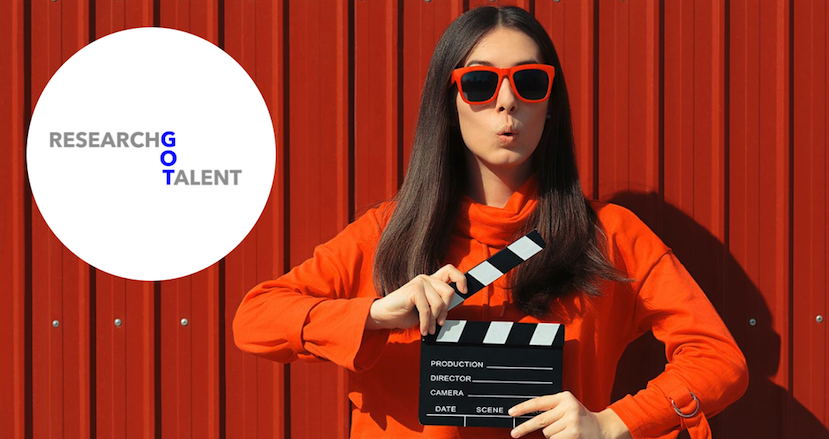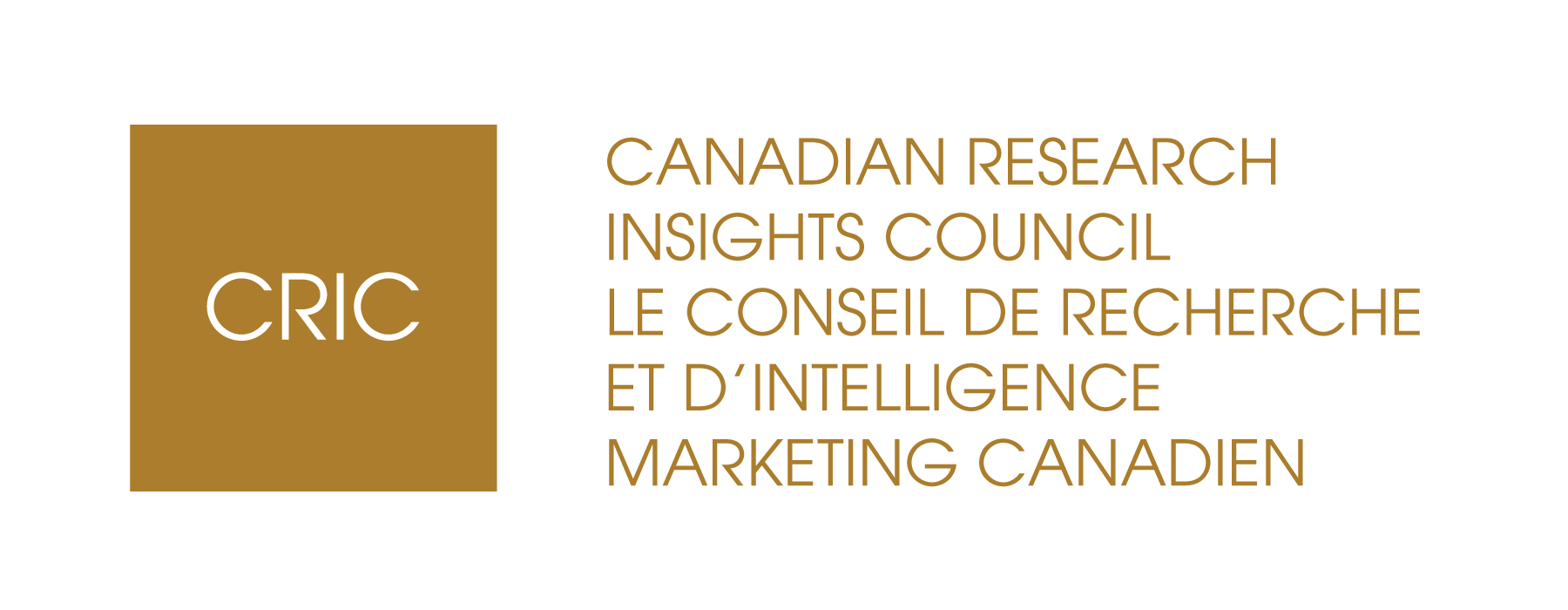Research Got Talent
Are you a young researcher looking to grow your brand by helping a Canadian charity?

What is Research Got Talent (RGT)?
Research Got Talent (RGT) is a global competition that offers young researchers an opportunity to demonstrate how research can make a difference for a charity or NGO. This competition has had three years of success showcasing the positive impact of the insights sector and helping give charities across the planet valuable research for their organizations.
Who can Participate?
This award competition, led by CRIC, CAIP Canada and ESOMAR, encourages young researchers (aged 18-35 years) to support charities / non-profit organisations by solving critical social issues with innovative research. Young researchers can participate individual or in a team of two.
How to Participate?
To participate, interested researchers must first select a Canadian charity or NGO and then design a research proposal that will help make a difference to that charity or NGO. It could be one you, your company or your school have already worked with. The overarching theme of the RGT initiative is The Role of Market Research and Insights in supporting Charities in overcoming relevant and meaningful social issues. This is the theme against which all submitted research projects will be assessed.
- Gender equality
- Impact of COVID-19 on vulnerable communities
- Access to Justice
- Access to Education
- Improving the lives of persons with disabilities
- Improving the lives of children
- Environmental and Climate change
- Integration and Diversity
- Sustainability
We recognize that finding a charity can be challenging. Reach out to [email protected] for help connecting with a charity.
Key Deadlines
Research proposals are due on May 30, 2022 and the winner will be announced on June 7, 2022. The Canada winner will need to execute their proposed research by August 23, 2022, and their project will be entered into ESOMAR’s global competition.
You must choose a Canadian based charity or NGO and the project must be completed prior to August 23, 2021. The charity must be prepared to share the project results and findings with industry and media outlets. The project must not exceed an allocated budget of $30,000 (total) and may include fieldwork (programming/hosting/sample) donated by sponsors the Logit Group and Maru.
What the judges are looking for
- A relevant, innovative and impactful research project design that addresses the chosen Charity/NGO’s specific issue/research problem.
- Research project proposals may adopt traditional research methods, as well as new methods including data analytics and analysis.
Each entry will be judged on:
- The relevance of the proposed project
- Impact of the proposed project in addressing the Charity/NGO’s specific issue
- It is not a requirement that projects have an innovative idea however if the project proposes an innovative approach to the problem at hand and provides an improvement to already existing ideas, it will be noted positively in the evaluation.
For example, an entry should cover the following:
- Clearly explain how your project will meet the objectives.
- Entries will be judged based on their proposed research methodology (including the extent of innovation), whether they’ve taken the time to form a genuine partnership with the NGO, and therefore that their methodology will contribute to improved outcomes for vulnerable community members.
- Entries should consider alternative and innovative approaches and techniques that may be realistically applied. This could include reviewing literature, interviewing staff and other stakeholders, and surveying or undertaking interviews with vulnerable community members and/or service users.
- Define specifically the operational support required to run the project.
- Indicate the roles and responsibilities. i.e. How will you ensure the project stays on track and what tools will you use to manage the workflows?
- Prepare a realistic project budget using the figure of C$30,000 as the total. (Think of this as a total project fee such as you would quote to a client).
- Prepare a realistic timeline, with the whole project finished (i.e., final deliverables submitted) by 23 August 2022.
Fieldwork assistance – optional
The Logit Group and Maru/Blue have generously donated fieldwork (hosting/programming/sample) that can be used by the winner
What other methodology can be used?
The project proposal and research report may adopt traditional research methods as well as new research methods, including data analysis and analytics. Entrants are encouraged to consider alternative methodologies such as reviewing literature, interviewing staff and other stakeholders, and surveying or undertaking interviews with vulnerable community members and/or service users. Entrants are permitted to use other sources/providers for their methodology as long as it meets the $30K project budget, can realistically be conducted (should they win the Canadian competition) and the cost is covered (pro bono) by the entrant.
How do I enter?
Please complete the Research got talent 2022 – Entry Form and submit to [email protected] by end of day on May 30, 2022. Note – all supplementary material such as budget, timelines etc. can be submitted, in confidence, with your entry to CRIC.
What do you win?
The winning entry will receive:
- Free ESOMAR YES membership for one year
- Entry in the ESOMAR Global RGT competition and opportunity to be showcased on a global stage at the next ESOMAR Congress.
2021 Canada Winners
Watch the video to get inspired and make your submission. The video includes 2021’s Canada winners Vinca Merriman, currently a program evaluation and performance measurement specialist with the Ontario Ministry of Labour, Training and Skills Development, and Swati Garg, a Senior UX Researcher at Scotiabank Digital. Canada’s winning team conducted research on behalf of The Citizens Foundation Canada (TCF Canada), a Canadian charity that provides educational opportunities for underprivileged children in Pakistan.
Have Questions?
Register for the information session on Friday, May 6 or for access on demand.
